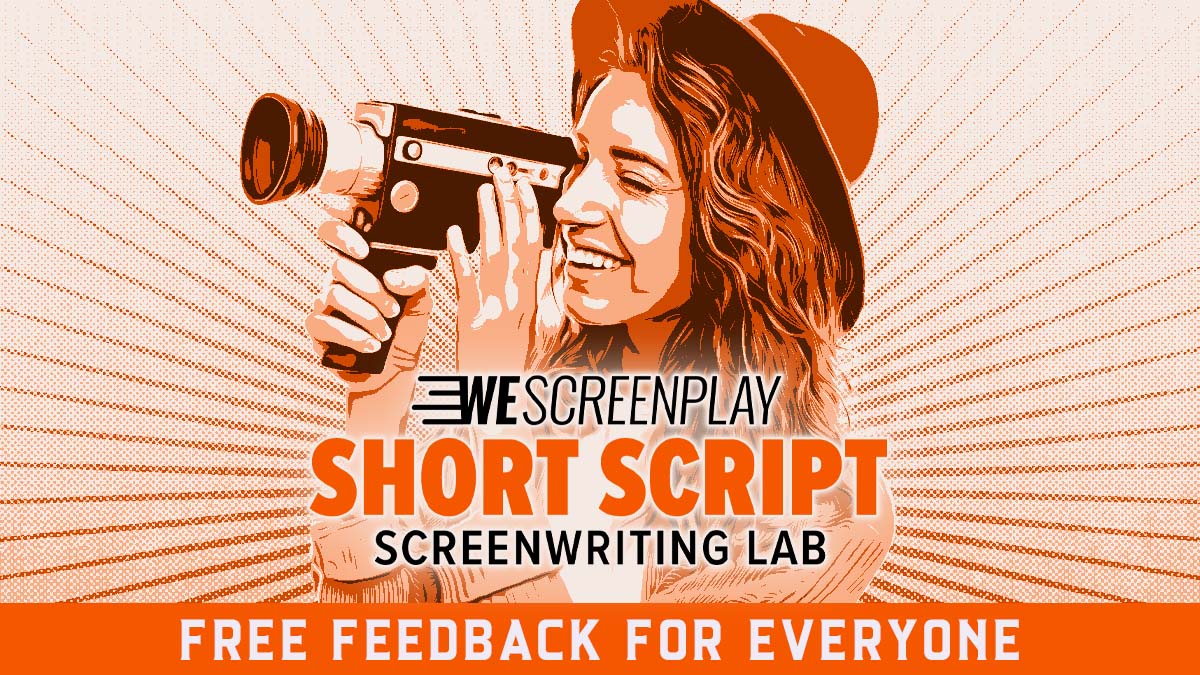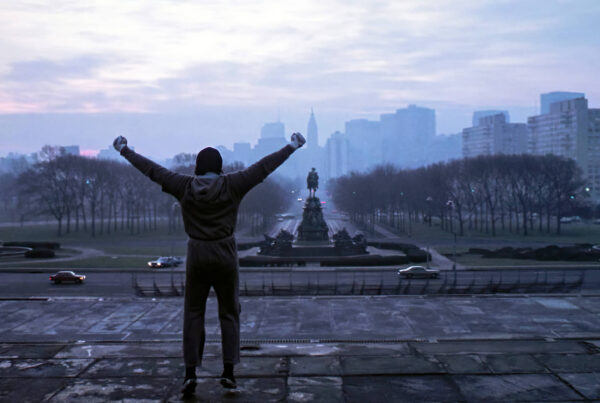
As a screenwriting instructor, I often tell my students to think about what makes them the right person to tell the story they are writing. It might seem like an odd question to ask, because if you had this idea, you are clearly the person to tell the story, right? But this question is meant to make the writers think about their personal connection with the material.
And one type of story that writers probably have the biggest personal connection to is their own. If you’re interested in turning your life story into a feature screenplay, here are some things you should think about as you prepare.
Enter the WeScreenplay Feature Contest. All entries receive FREE feedback!
Find Your Compass
When you are setting out to write your life story in screenplay format, you already know why you need to tell the story in most cases. There’s something you feel like you need to communicate with the world about who you are and why you are here on this Earth. Let that reason be your guide.
If you don’t quite know that yet, dig deep and find that answer. Once you have that figured out, write on your wall, on a post-it note, make sure you see that every time you sit down to write. This will be your compass for figuring out what serves your story and what doesn’t.
Focus on a Specific Time Period
Most films don’t follow a character from birth to death — we tend to see a very specific time period of a character’s life, so naturally there will be parts of yours that might not fit within the bounds of your story.
Ask yourself what that period would be and why. If you feel like you need to explain and create context for some of the character choices, you can use some flashbacks, keeping in mind they should be used sparingly and only when absolutely necessary.
Make Sure There’s a Payoff
Life is messy and there isn’t always a payoff for everything we experience. Can you make sure there’s a payoff for the elements you introduce in your story?
That’s one of the issues many real-life narratives suffer from — including details and storylines that lack payoffs and don’t tie in with anything else in the story. It might be like that in life, but in fiction, we want to see all loose ends tied up somehow.
Create a Flawed Protagonist
The most important things for your protagonist to be are active and flawed. They should be the person driving the story through choices and action — and messing up all over the place. A protagonist who is not flawed will not make mistakes and the story will be mostly conflict-free and flat.
And if the protagonist in your life story is you, well, good news (kind of)…you’re intrinsically flawed, so crafting those aspects won’t be a problem. The real challenge is figuring out how you’re going to bring your character through their arc, which, like it has for many other writers, might actually force you to come face-to-face with your own personal issues.
Sometimes it might seem like we learned nothing in life from certain experiences, but make sure that’s not the case for your protagonist. A good story creates internal change.
Making Stuff Up is Okay
It’s okay to make things up, most screenwriters who’ve tackled true stories have used artistic license to create events and characters that didn’t really exist.
If you are the protagonist, distance yourself from your character and refer to them in the third person. This will give you the freedom to create events whether or not they actually happened.
As much as you might want to stay true to real-life events, remember that a movie needs to entertain first. Be open to making some bold stylistic choices and be open to the possibilities of blending genres. Not every story based on real events needs to be a drama. Follow the story always and see where it takes you.
Read More: Plot vs. Story: Is There a Difference?

Julia Camara is an award-winning Brazilian screenwriter/filmmaker. Julia won a Telly Award for the sci-fi found footage feature Occupants. Julia’s feature directorial debut In Transit, won Best Experimental Film at four different festivals. Julia’s other writing credits include Area Q and Open Road.


















